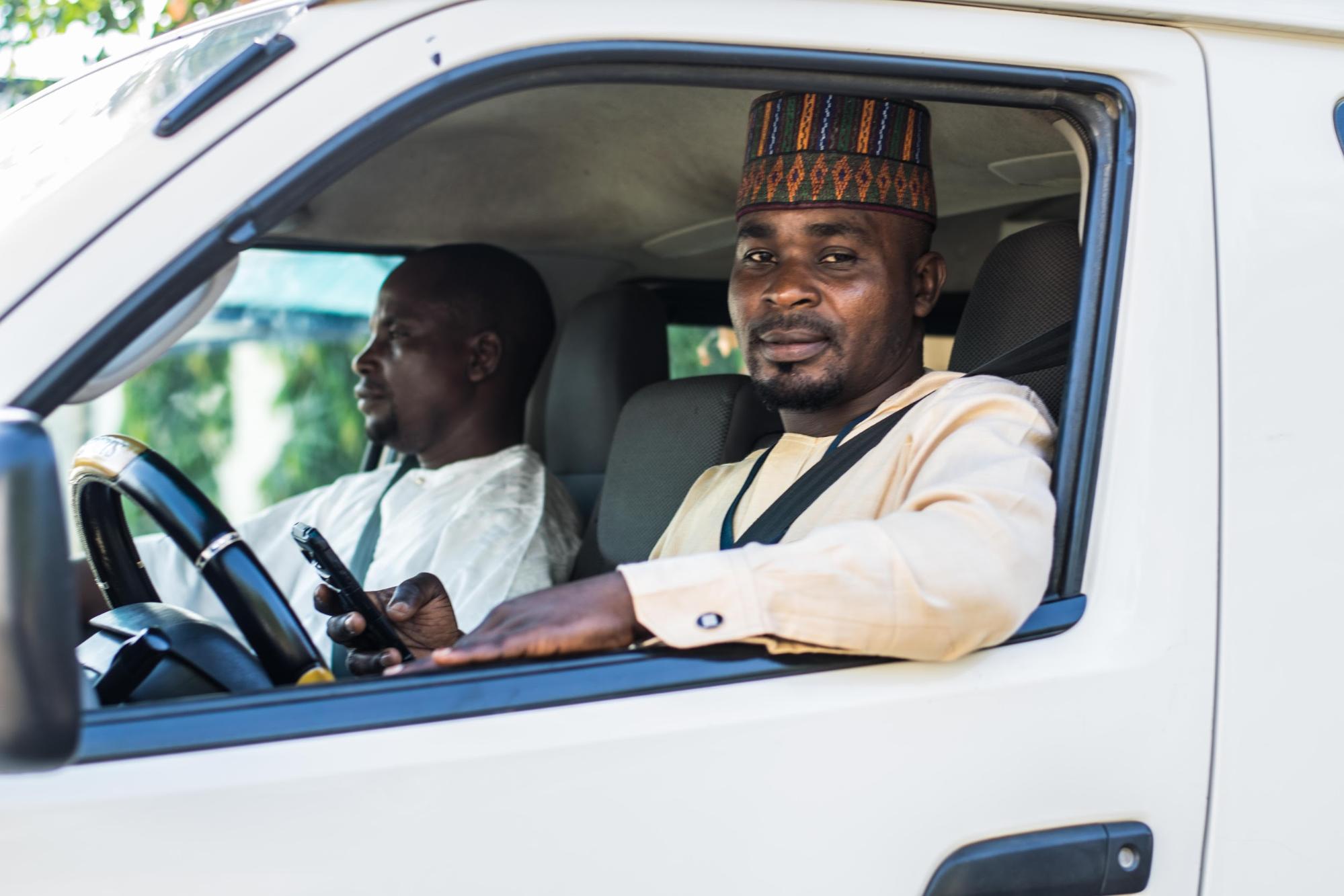eHealth Africa is collaborating with The Global Healthsites Mapping project (Healthsites), in their efforts to build a global commons of health facility data using OpenStreetMap, a collaborative mapping initiative. The Healthsites project aims to improve outcomes in the medical and humanitarian sectors by establishing an accessible global baseline of health facility data. Taking an open data approach, Healthsites invites organizations to share health facility data and collaborate.
From routine reporting to emergency services, health facility data drives how national health ministries, international institutions, and private companies operate in a highly functioning health system. While accuracy is vital for effective service delivery health facility lists are frequently inaccurate, outdated, duplicated, incomplete, and not made available in open and accessible methods.
“Definition of the scope, service provision capacities, laboratory capacities, and optimal catchment populations for emergency hospital care should be a priority.”
One of the main barriers to easily accessible and accurate health facility data is a lack of interoperability between different information management systems, which is why working with open data structures and in partnership with different organizations is important. Healthsites’ approach builds on open source standards and technologies implemented by the Open Health Information Exchange Community (OpenHIE). This data sharing strengthens the ability of health authorities in underserved areas to more easily create and update accurate health facility registries.
Data collectors in rural Northern Nigeria
Creating a Global Health Facility Dataset
The project was launched on March 3, 2016, at the Global Partnership for Humanitarian Impact and Innovation in response the Ebola outbreak in West Africa with support from the International Committee of the Red Cross (ICRC) and Kartoza.
“By providing relevant data on health facilities around the globe we can strengthen health systems, improve emergency care, and save lives. For underserved areas, it has been estimated that improving emergency care can lead to a 45% reduction in mortality rates and a 36% reduction in disability.”
Creating and maintaining a global health facility dataset requires collaboration--current project partners include the International Committee of the Red Cross (ICRC), Doctors Without Borders (MSF), The Humanitarian OpenStreetMap Team (HOT), the International Hospital Federation, and CartONG. To make the project successful worldwide, Healthsites is inviting organizations to support their work in areas including Senegal and the Democratic Republic of the Congo through the Digital Square Global Goods program.
The primary use cases include:
Epidemic Preparedness:
Accurate healthcare facility data is vital to respond to outbreaks, prepare for an influx of cases, and to make decisions regarding resource allocation.
Support for disaster response:
Accurate and up-to-date data provides the basic data that helps drive activities like service availability planning, monitoring and evaluation, and disaster risk preparedness.
Support for immunization programs:
Information on the location of health care providers is important for immunization planning on the national scale.
Maternity care:
Open and accurate health care facility data is a valuable resource for pregnant women looking for support when planning a birth.
eHealth Africa and Healthsites
eHA’s technology is key to enabling Healthsites’ vision of a health facility global commons. Gather, eHA’s human-mediated data collection and curation application will be used to crowdsource facility information and widen the scope of the project. Healthsites will also utilize eHA’s Aether platform to facilitate interoperability and allow for a large-scale exchange of data between numerous organizations.
eHA’s extensive experience in West Africa working with health facility data collection and presentation will facilitate the advocacy of open data and data sharing with the Global Healthsites Mapping Project within the region.
The eHA team, setting out on another data collection campaign. Mobile phones are used to capture geospatial data from the field.
The data life cycle starts with crowdsourcing facility data. Collected information is then sent into Healthsites platform where the data goes through a quality check and enrichment processes to make sure that the information is updated and relevant. Once validated, Aether allows the data to be shared in CKAN, OSM, HDX and later on with OpenHIE, making sure the open data community can contribute to this ambitious project as well. The idea is to foster a "data collaborative" approach, which continuously involves more people that can contribute and benefit from information sharing.
The Data Cycle
By enhancing the quality and accessibility of health facility data, this project can have an impressive impact on multiple sectors. Not only can the database help save lives in emergency response situations by facilitating access to emergency care, but also it can improve health outcomes in a wide variety of ways such as strengthening diseases surveillance systems or facilitating medical supply planning and the effectiveness of vaccination campaigns.
Validated open health facility data is a supporting framework for social entrepreneurs
The public sector is not the only beneficiary; entrepreneurs in the private sector also benefit from access to this information. Healthsites provides a web API that allows applications and web services to be created or enhanced to utilize accurate health facility information. This enables use cases that go beyond simply locating health facilities and medical services. Expanding business opportunities and enabling efficient use of available resources increases the size of the community who will help collect and maintain the data.
Healthsites is improving health capacity data in West Africa and supporting the development of data collaboratives. This is a global project that needs partners to enhance its impact. Get in touch and help us build a global commons of baseline health facility data with OpenStreetMap here.




